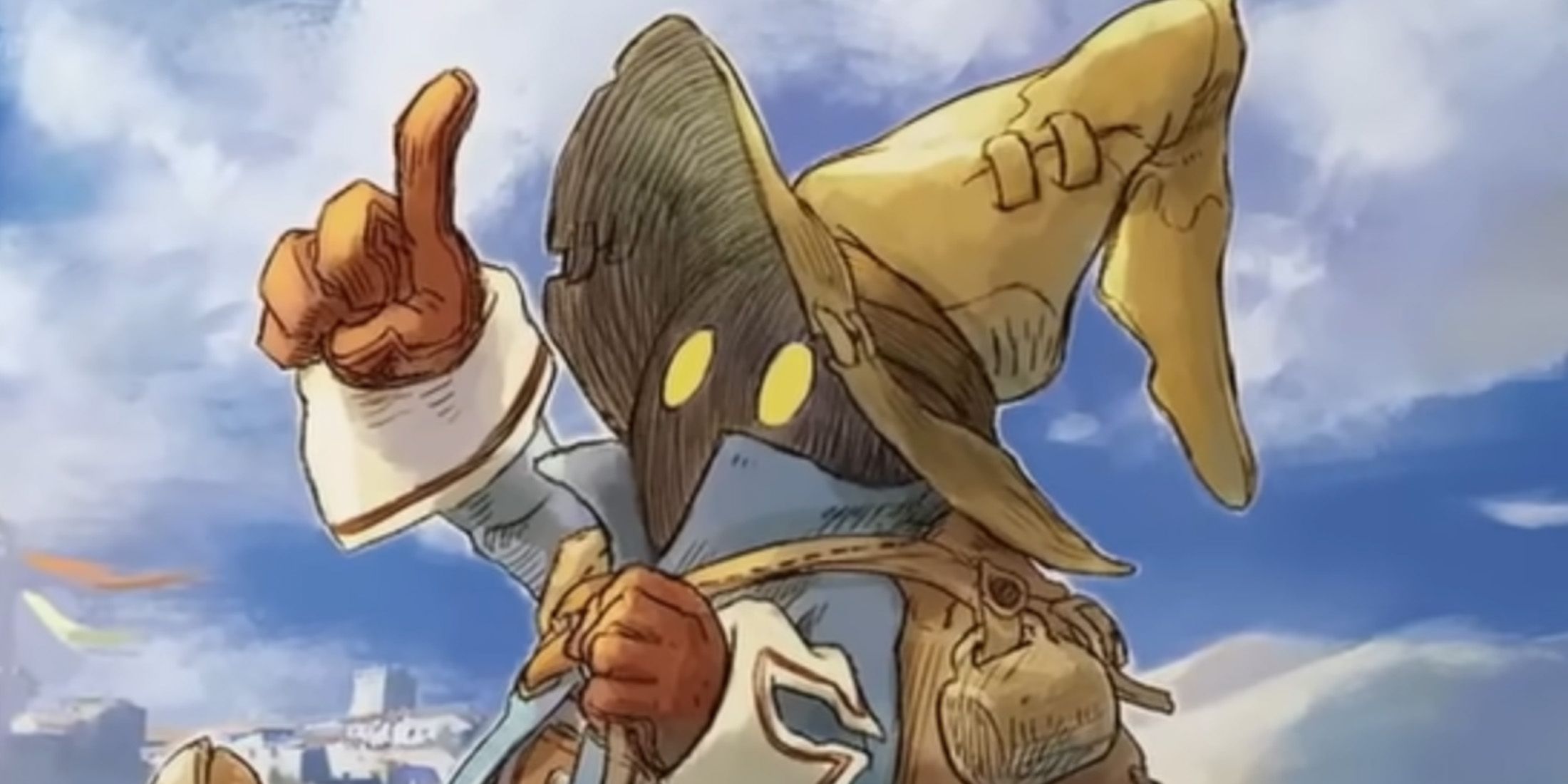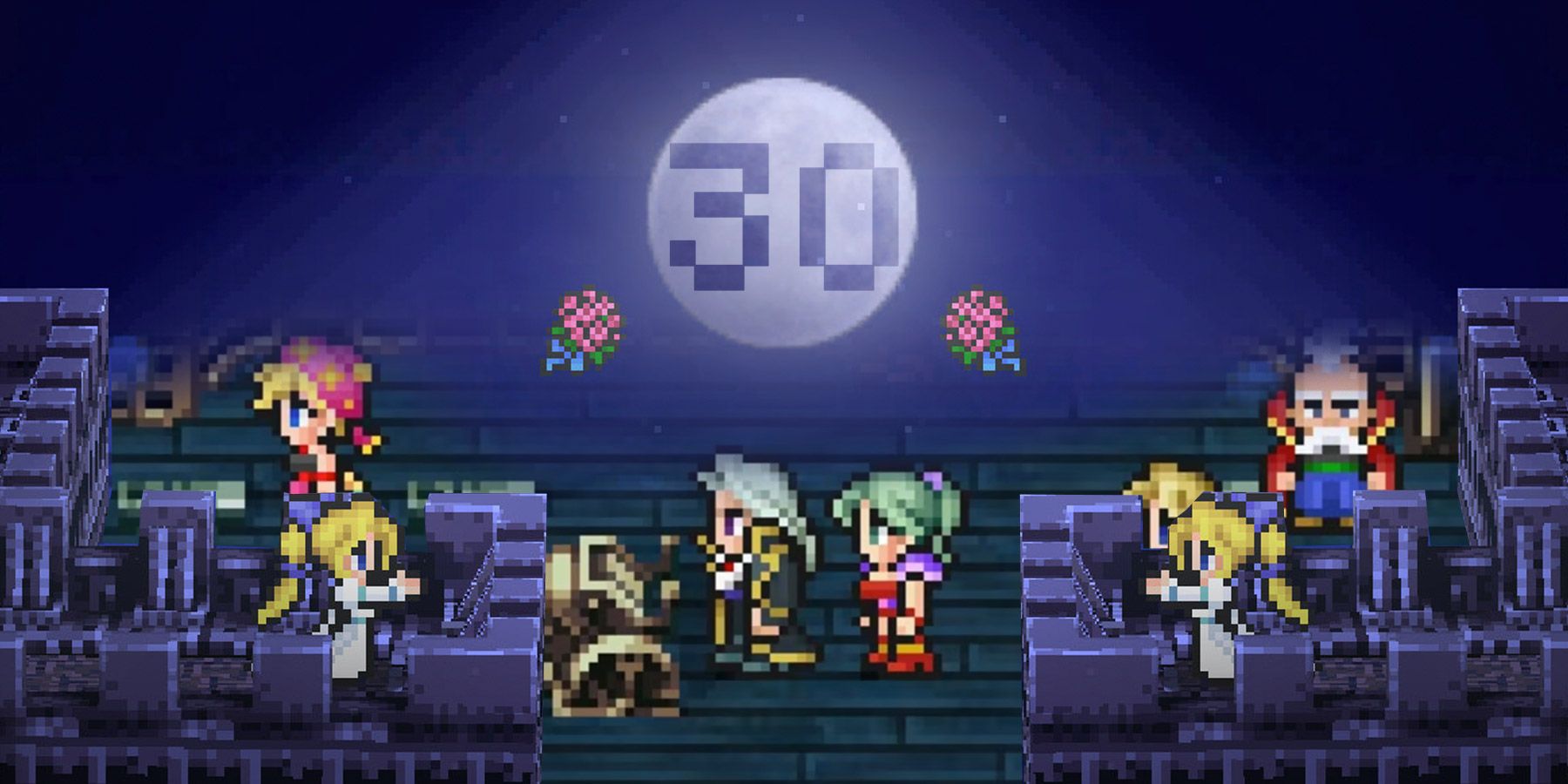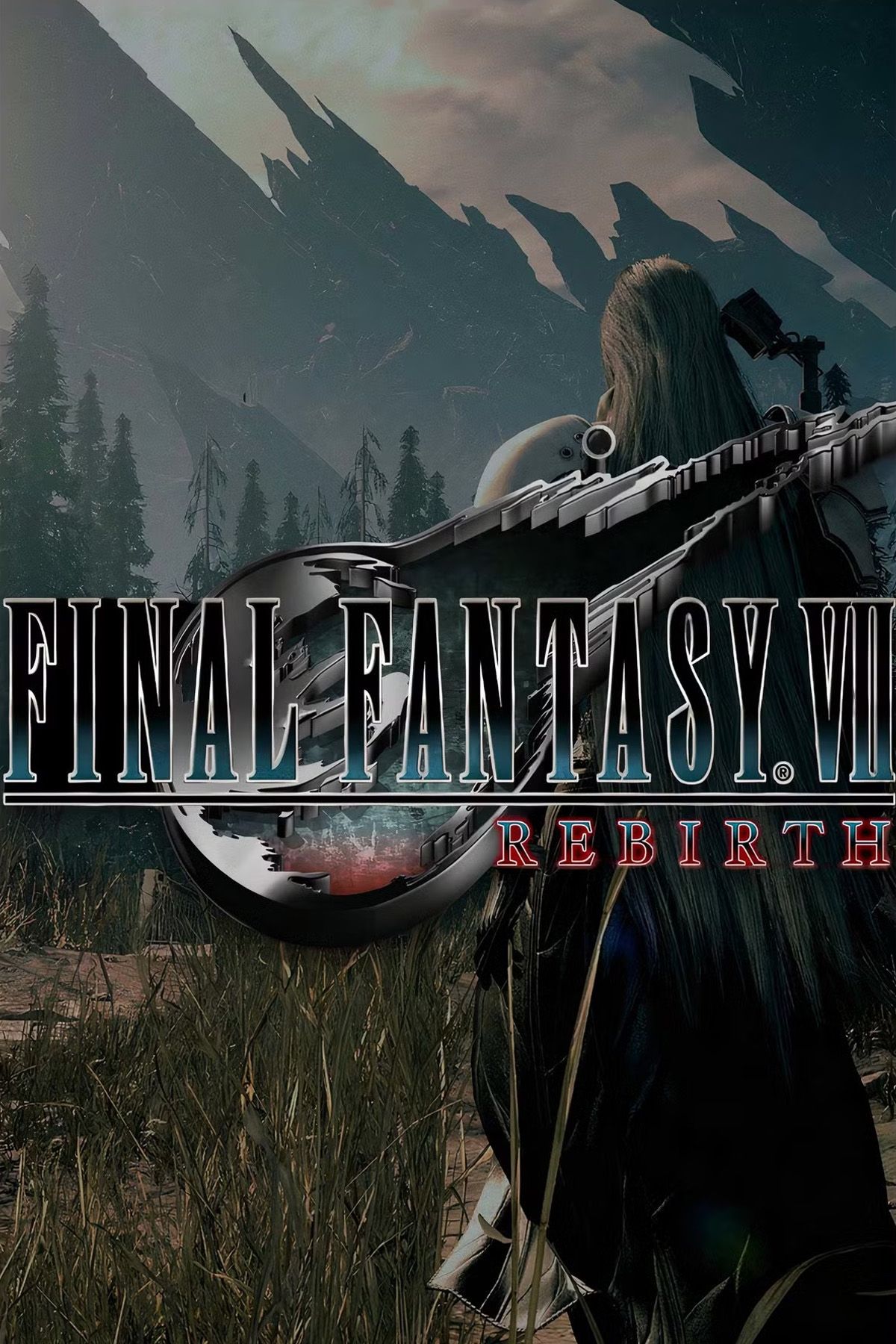Final Fantasy is no doubt one of the most iconic and longest-lasting video game franchises ever to grace the medium. Encompassing a nearly 40-year history of innovation, bold risk-taking, and playing both within and beyond ever-evolving industry/design trends, Square Enix’s JRPG series has been (and sometimes put players) through a lot. An intriguing insight came in the form of a study conducted revealing the average age of Final Fantasy fans. That number is 42, which just so happens to be my exact age.
Through its highs, lows, and everything in between, though, Final Fantasy has always been very near and dear to my heart. The franchise and I share the experience of going through the growing pains and encountering the challenges of moving from youthful exuberance to more mature reflection, finally settling into being comfortable with our own identities while still leaving plenty of room to learn and change, hopefully for the better. And given the results of the questionnaire, it’s not only telling regarding the fandom, but potentially says a lot about how Square might take this into account for Final Fantasy going forward.
The survey in question was conducted by GEM Partners (per TheGamer). It should be noted that this data is limited to Japan, though it covers a significant sample size of 180,000 respondents.

Related
Final Fantasy 9 Reveals New Vivi Lore 25 Years After Launch
Fans learn an interesting tidbit about the popular Final Fantasy 9 protagonist Vivi roughly 25 years after his first appearance on the PlayStation.
I’m the Exact Age of the Average Final Fantasy Fan, and Growing Up With it Taught Me So Much About Life, Videogames, and Everything
Final Fantasy Showed Fans Like Me How Games Could Be So Much More
Though the Dragon Quest series is often rightly heralded as the original codifier of JRPGs, setting down the template that Final Fantasy itself would attempt to follow in its infancy, the fact that FF has in many ways surpassed it and nearly all others to become the de facto poster game for the genre in the decades since pretty much speaks for itself.
The first few entries of both IPs were fairly standard Chosen Heroes fare, and that isn’t a slight against them. It made sense as that framework was one that audiences, especially the target demographic (which included me), were familiar and resonated with. It lent itself quite well to the vision, story, and mechanics that the early wave of Final Fantasy games were aiming for, and which brought it success and recognition.
Final Fantasy continued to build upon its foundations during that era for each entry. Then, in 1994, a monumental event occurred with the release of my personal all-time favorite title: the original version of Final Fantasy 6. Though it sparked some confusion and debates at the time about whether it was actually “Final Fantasy 3” or “6” due to some previous titles not being released in North America, the bigger impact was how FF6 incorporated and addressed serious social and mental issues while being respectful of them and presenting an incredible tale and extremely fine-tuned mechanics on top.
Of course, only a few years later in 1997, Final Fantasy 7 arrived and blew our collective 14-year-old minds. Long before Tim Robinson made the phrase meme-able, FF7‘s devastating Aerith twist had me and all of my friends shouting “I don’t think you can do that!” in disbelief. At that moment, a “simple” video game having such a degree of an emotional effect was something previously thought impossible. But once that line was crossed and the door opened, things could never be the same, and many a player like myself has FF to thank for that.

Related
30 Years Later, Final Fantasy 6 is Still a Perfect Time Capsule for the Franchise
Looking back at Final Fantasy 6 on its 30th anniversary provides a snapshot of one of gaming’s most important franchises at a pivotal turning point.
Like Me, Final Fantasy’s Future is Forever a Balance Between Past and Present
As the franchise moved into the new millennium, and gaming itself grew by leaps and bounds, I, like many angsty teenagers, found that my tastes had begun to change. As my horizons broadened, not just in pop culture but moving into the earliest stages of adulthood, I started to slowly fall away from Final Fantasy. Friends would keep me informed about their thoughts and experiences with the entries of the time, and I was convinced to come back for Final Fantasy 9. I thought it was good, but not as good as 6 or 7. Those two were for me, and for many others, the absolute pinnacle of Final Fantasy. I thought I was more or less done with the franchise, keeping up with it only peripherally until much later when I was obviously compelled to play the FF7 Remake. It was fantastic, and reignited my interest instantly. There is always the issue of nostalgia for its own sake versus real progress, but I don’t think I’m alone in saying that both it and Rebirth managed to tread that line perfectly.
In between those, there was also the interesting case of Final Fantasy 16. An entire new generation of gamers was now part of the community, having largely become accustomed to more action-oriented games with turn-based systems supposedly viewed as archaically obsolete. Still, I had to give FF16 a go out of sheer curiosity if nothing else. Long story short, I largely enjoyed it. But at the same time, I completely understood some of the sentiments that Square had “sold out” or otherwise deviated too far from what “real fans actually wanted.” The bigger offshoot was that it left the question open as to what the studio would do next to please both sides of the aisle.
The jury is still out on the above for now, and it’s easy to slip into a perspective colored by rose-tinted glasses and “armchair design” based on that. Yet the conversation around how Final Fantasy might continue to evolve while also retaining the all-important core aspects of what makes a Final Fantasy game intrinsically feel like one is as lively as ever.
What Square decides to do with the information regarding the general age group of FF fans is currently anyone’s guess. But given that there’s some precedent to go by, and with the waves made by games like Clair Obscur: Expedition 33 that explicitly channel FF‘s older sensibilities while pushing them in new directions, I am personally now more invested and optimistic than ever that SE will be able to satisfy what has been revealed to be its core audience and simultaneously find good ways to appeal to those who lie outside that range but also have a deep fondness for Final Fantasy.

Final Fantasy 7 Rebirth


- Released
-
February 29, 2024
- ESRB
-
T For Teen Due To Blood, Language, Mild Suggestive Themes, Use of Alcohol and Tobacco, Violence
- Engine
-
Unreal Engine 4
#Final #Fantasys #Viral #Age #Study #Describes #Grew


